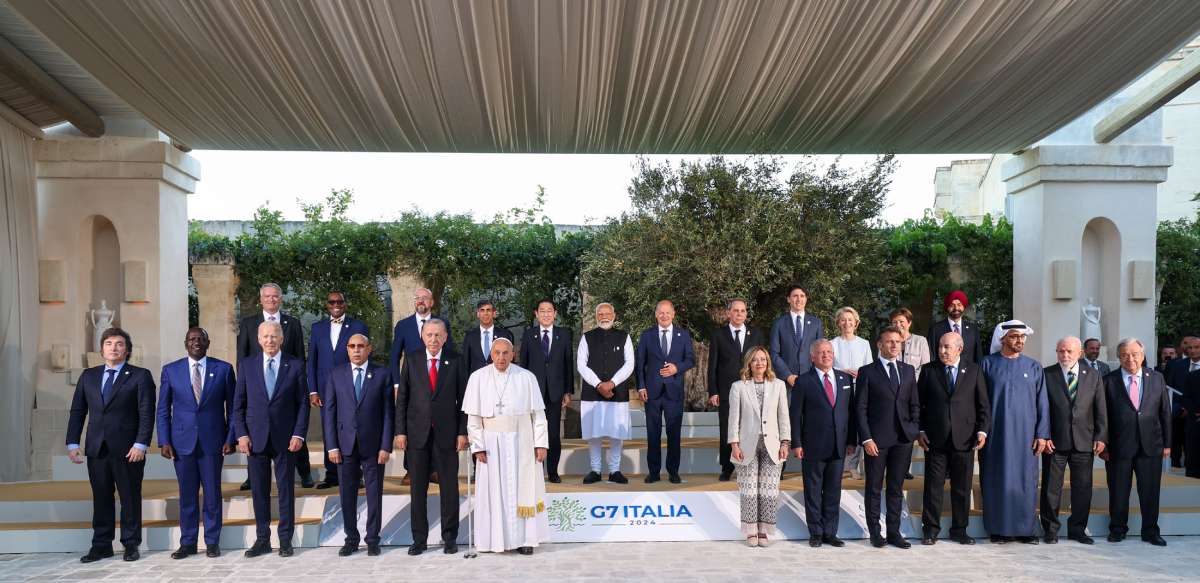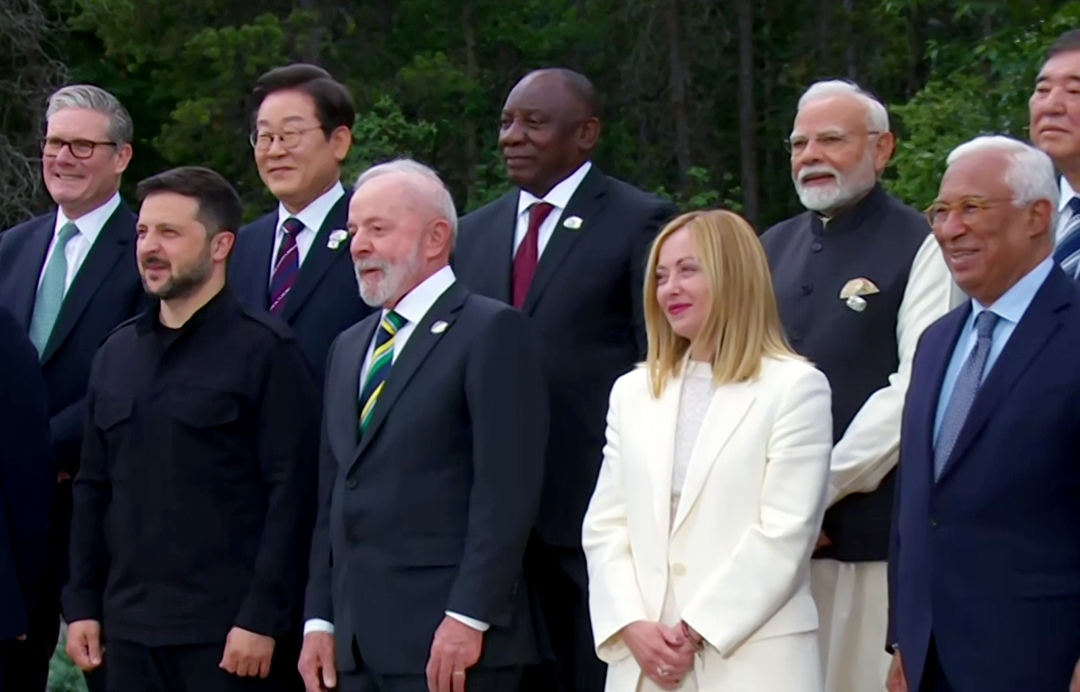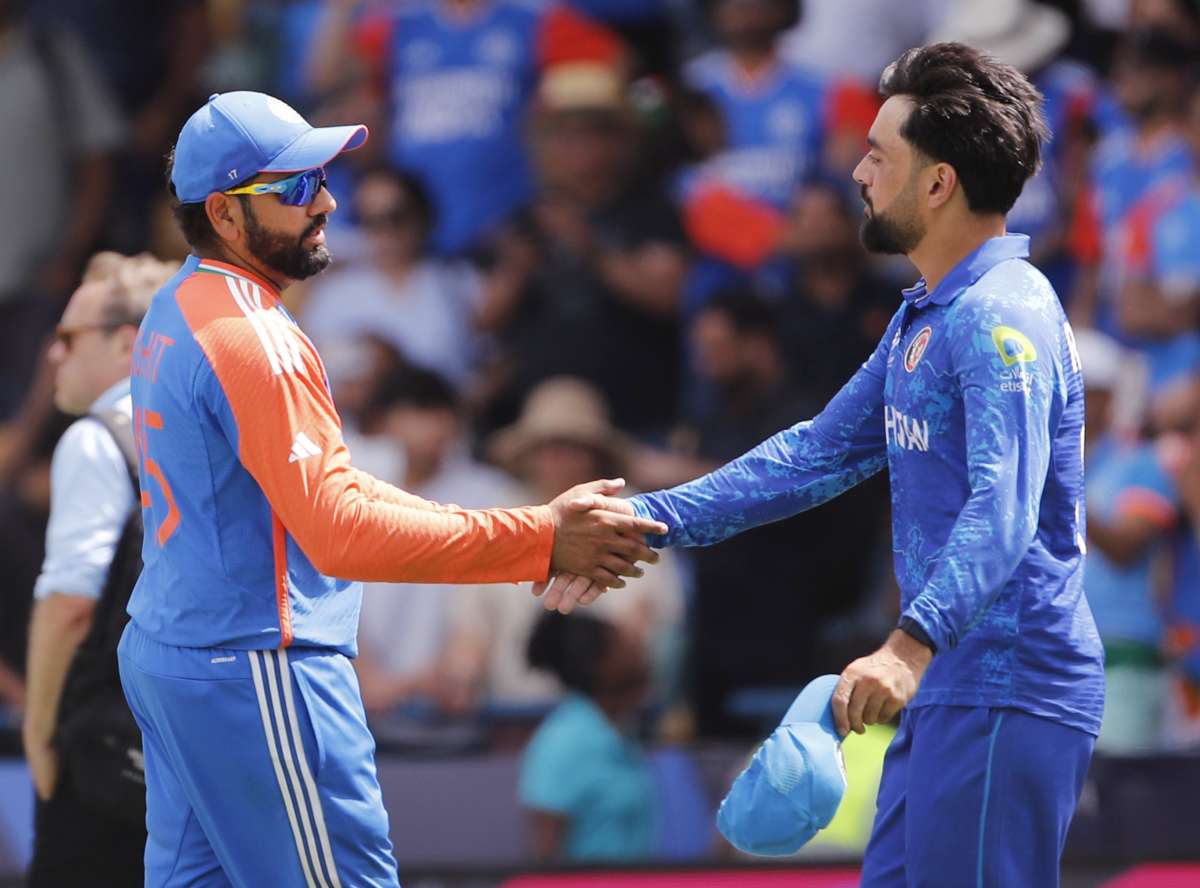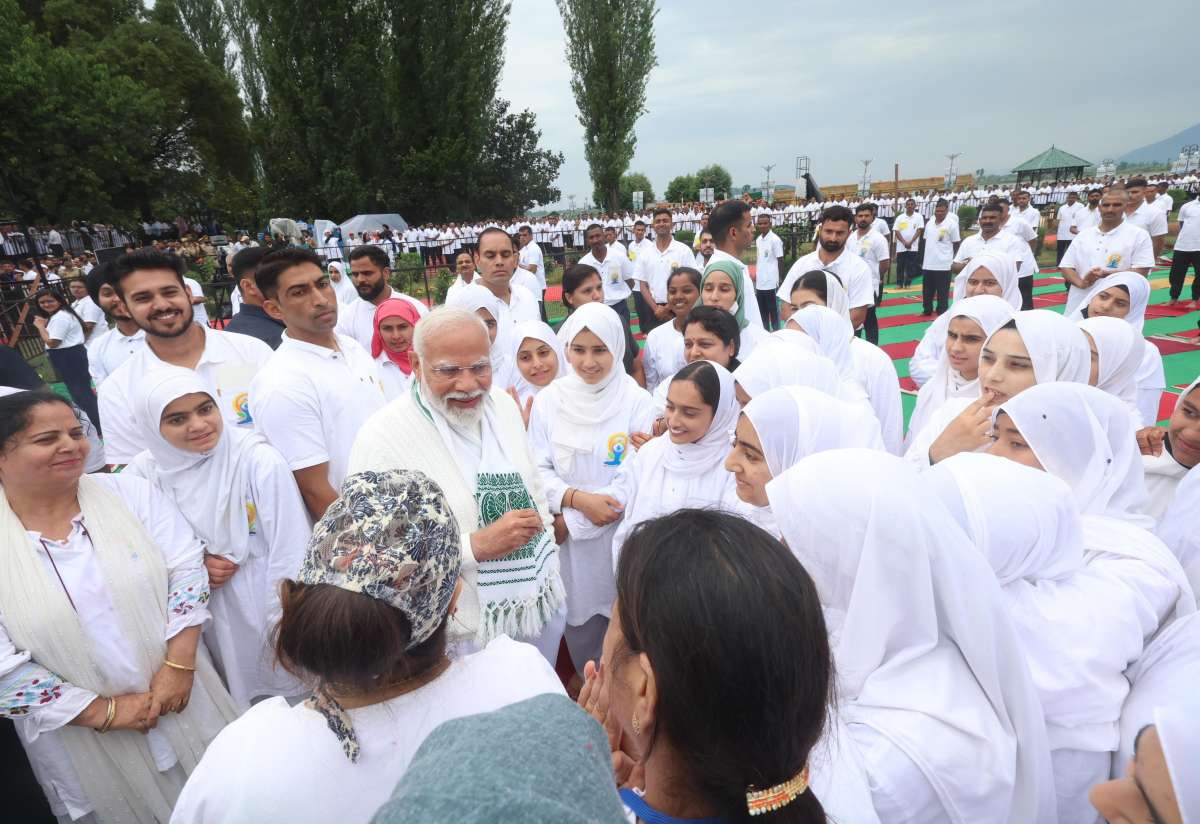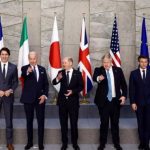Several leaders from the Global South participated for an Outreach Summit to discuss issues relating to Africa, the Mediterranean, the Indo-Pacific and Artificial Intelligence. This was a recognition of the growing importance of the Global South in the corridors of power of world politics and economy, writes Ashok Sajjanhar
The 50th G7 Summit was organised in Italy on June 13-15, 2024. Italian Prime Minister Giorgia Meloni, the host of the Summit, invited several leaders from the Global South for an Outreach Summit on June 14 to discuss issues relating to Africa, the Mediterranean, the Indo-Pacific and Artificial Intelligence.
This was a recognition of the growing importance of the Global South in the corridors of power of world politics and economy.
India was the first to focus on this issue by organising two Voice of the Global South Summits in the context of its Presidency of the G20 in 2023.
Prime Minister Modi, fresh after his third successive win in the national elections, participated in the Outreach Summit.
This was his first foreign visit after being sworn in and became an occasion to underline the vitality of Indian democracy, establish contact with India’s principal partners from the developed and developing world, and share India’s perspectives on major global challenges and opportunities in the world.
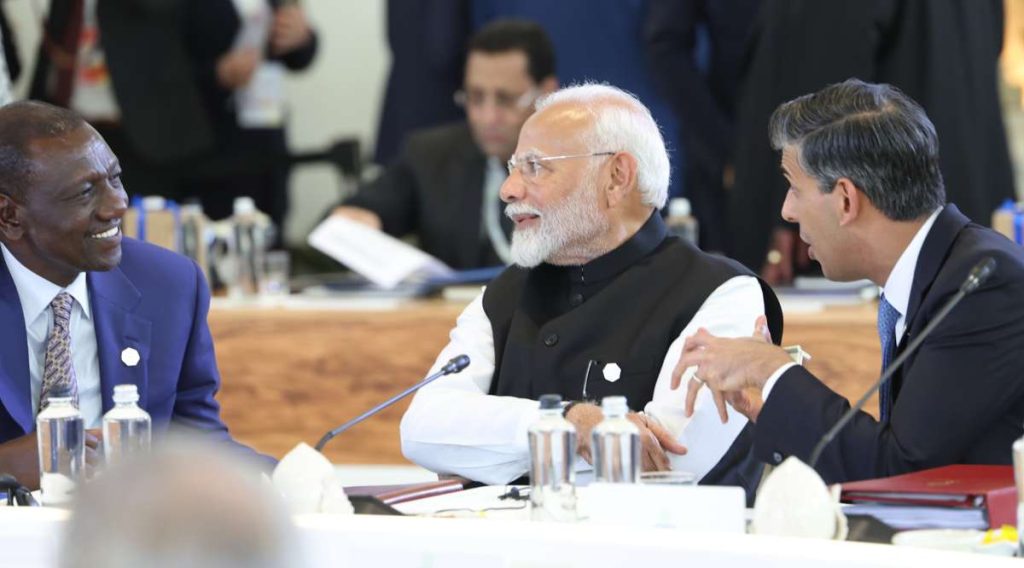
PM Modi’s visit
In his address to the Outreach Session, PM Modi emphasised India’s four key principles for energy — availability, accessibility, affordability, and acceptability.
He asserted that India will place the ‘’priorities and concerns of the countries of the Global South on the world stage. We have given high priority to Africa in these efforts. We are proud that the G-20, under India’s chairmanship, made the African Union a permanent member.”
He committed that India will collaborate with all countries to ensure Artificial Intelligence is transparent, fair, secure, accessible, and responsible. He added that India was ‘’the first country to meet all its COP commitments ahead of time’’ and is working hard to reach “Net Zero” by 2070.
Bilateral meetings
During his visit, PM Modi engaged in structured, bilateral meetings with the Italian PM, the French President, the British PM and the Ukrainian President.
On the side-lines of the Summit, he also interacted with the US President, Pope Francis, the Japanese Prime Minister, and several others.
Discussions on expanding bilateral ties with different countries were held.
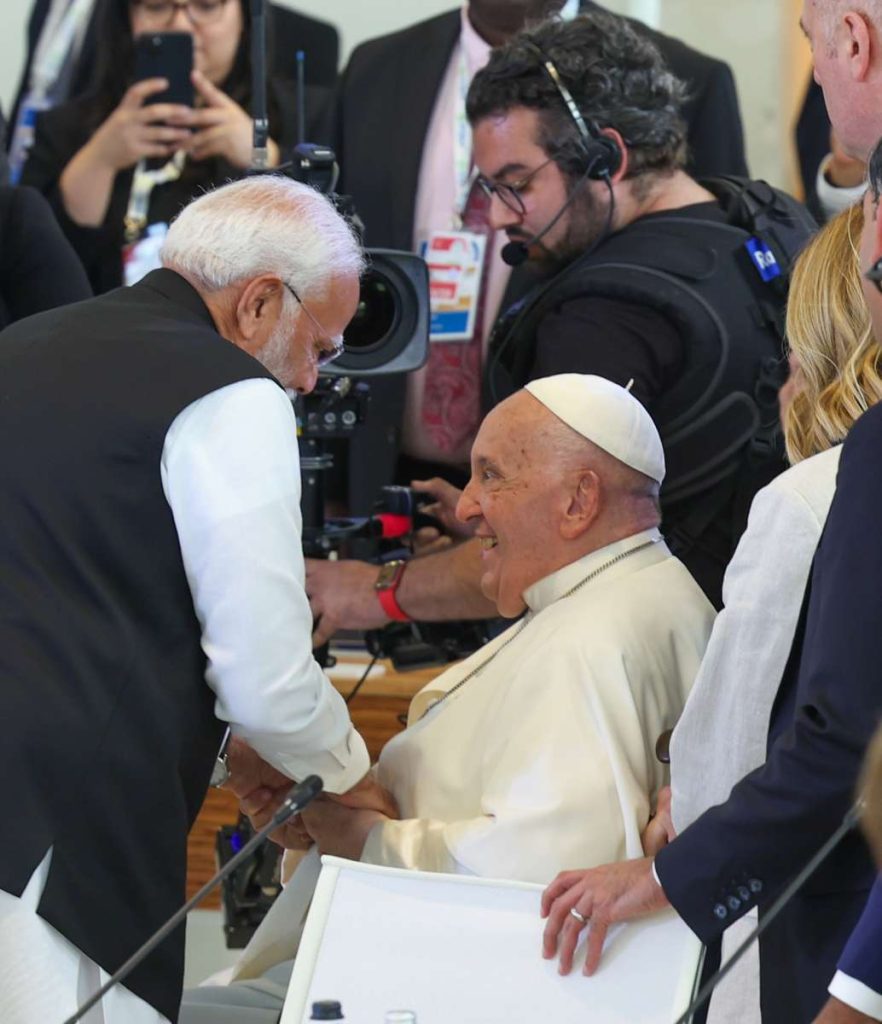
India’s growing influence
The fifth consecutive invitation to India is testimony to India’s growing clout in global affairs. India has emerged as a partner of choice for most important world powers.
Notwithstanding the pandemic and the Russia-Ukraine conflict, India has emerged as the 5th largest global economy and is likely to become the third largest by the end of this decade, if not earlier.
India is today the fastest growing major economy with annual GDP growth of 8.2% last year. In the increasingly uncertain and turbulent global political and economic scenario, India is a ray of hope for political and economic stability and dynamism.
India’s successful Presidency of the G20 confers on it a bigger role and voice to speak authoritatively on the way forward in resolving problems of the world.
The summit
Major issues of discussion in the G7 Summit related to the war in Ukraine and the Middle East; providing a loan of US$50 billion to Ukraine to be paid from interest on the Russian frozen assets; pushback against China for its increasing assertiveness in South China Sea, and on economic front due to its overcapacity; Africa, the Indo-Pacific, migration, Artificial Intelligence, climate change etc.
Pope Francis made a historic appearance at the Summit to talk about the benefits and drawbacks of artificial intelligence. He said that AI represented an “epochal transformation” for mankind, but stressed the need for close oversight of the ever-developing technology to preserve human life and dignity.
Will G7 become G8 with India’s inclusion?
The fifth consecutive invitation to India to G7 Summits and India’s rapidly growing economy has given rise to speculation that India could soon be invited to become the 8th member of the Grouping.
This is highly unlikely. Although India is 5th largest economy, soon to become the 3rd largest, its per capita income is very low at around US$2,000. The per capita GDP of G7 countries is around US$50-80,000. There is a huge mismatch between the two.
India has emerged as an important and effective voice of the Global South. This is its natural constituency. It will not be appropriate for it to jump ship and try to become a constituent of the G7.
By staying out of the G7 and yet participating in its annual sessions, India is able to project its own concerns and priorities, and of developing countries. It would not be able to fulfil this role if it were to become a full member of this developed country Club.
The current, existing arrangement in which India has emerged as a quasi-permanent invitee to the G7 Summits is a win-win situation for both India and G7 countries as well as developing countries whose interests and concerns India espouses.
The existing format ensures that while India is not a de-jure constituent of the G7, its regular presence at the Summits makes it a de-facto participant in all the significant G7 Summit level deliberations.
India’s presence at the G7 Summits provides an opportunity to India and the G7 countries to expand their partnerships in the area of trade, investment, security, technology etc.
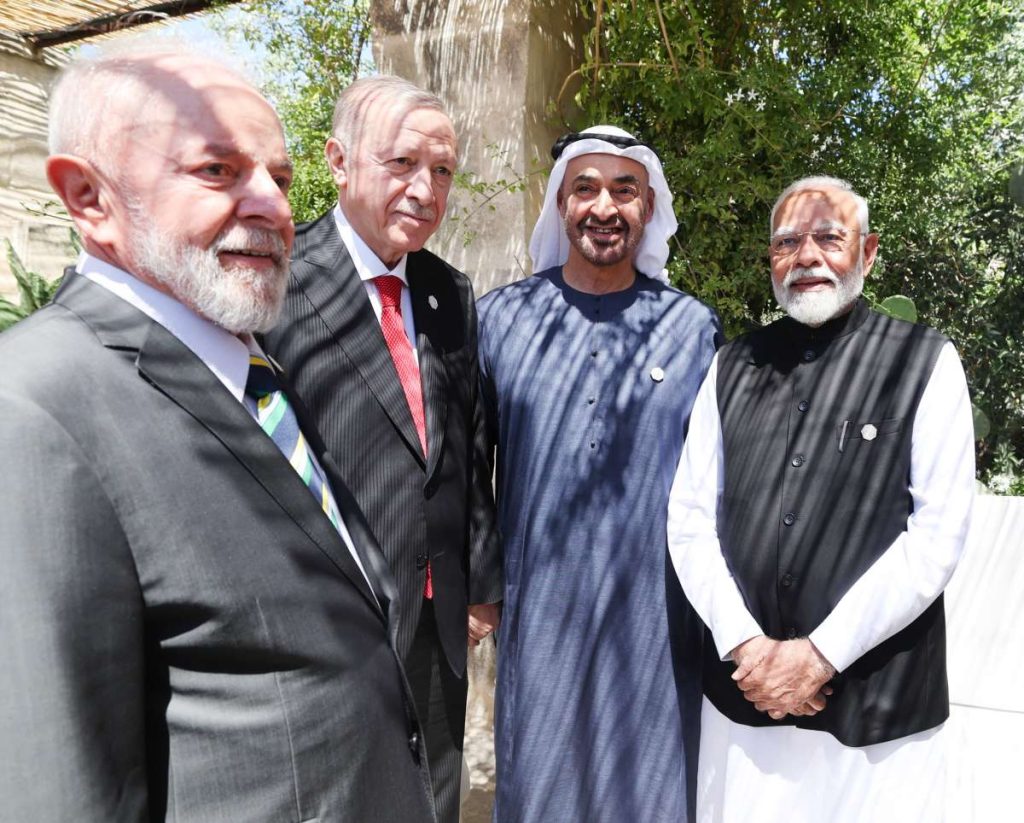
The setting
The G7 was launched in the early 1970s to focus on the major economic issues of the day including the oil crisis, the collapse of the Bretton Woods system, and the ongoing global recession.
When it was constituted, the G7 accounted for 70% of the Global GDP. Today that figure has shrunk to 45% which, though lower, continues to be quite significant.
Notwithstanding this decline, the G7 countries continue to be major political, military, and technological powers and exercise significant influence in important global institutions.
This was the fifth time in a row that PM Modi was invited to the G7 gathering. India shares a considerable comfort level in political, economic, and social terms with the G7 countries. India also enjoys warm and cordial relations with all the G7 member states, barring Canada with whom there has been a spat in recent months.
Conclusion
Despite the fact that the economic heft of G7 states has diminished somewhat over the last 50 years, they continue to be important and influential in fields of economics, investment, technology, security, political, military power etc. It is hence imperative for India to maintain vibrant contacts with them, at bilateral and also at multilateral level.
India has emerged in recent years as a bridge between the Global South and Developed North, and also as a link between USA and Europe in the West and Russia in the East. India as a rapidly growing economy, with increasing sway in global affairs, through its participation in G7 Summits, fulfils an important role in promoting peace, security, and economic development in the world.
(The writer is a Distinguished Fellow at Ananta Aspen Centre; he was the ambassador of India to Kazakhstan Sweden and Latvia; views expressed here are his own.) – India News Network
ALSO READ: Chinese coast guards ‘acting like pirates’ in SCS: Philippines


